Ukraine’s Zelensky Heads to Berlin, Seeks U.S. Backing Ahead of Trump-Putin Talks
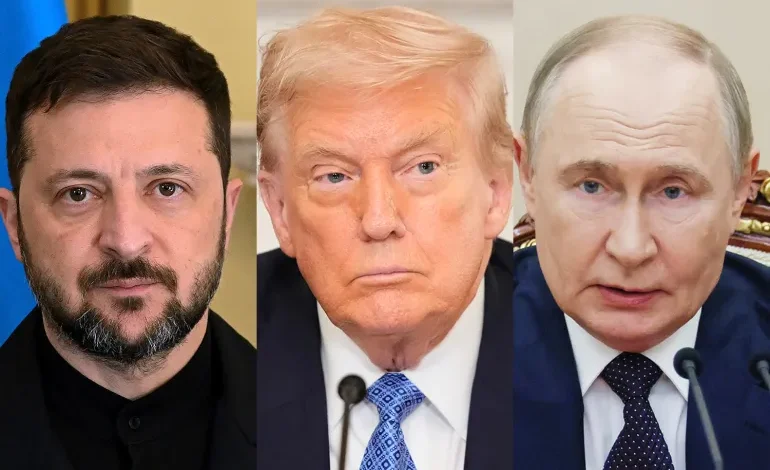
Ukrainian leader Volodymyr Zelensky is making a quick trip to Berlin for talks with German Chancellor Friedrich Merz, European leaders, and senior U.S. officials — all in a last-minute bid to make sure Kyiv isn’t sidelined when U.S. President Donald Trump meets Russian President Vladimir Putin later this week.
The German and Ukrainian governments confirmed the visit on Wednesday, framing it as part of “coordination efforts” among allies. But the reality is clear — Ukraine and much of Europe are pressing hard to get Washington’s attention before any major decisions are made.
Merz has packed Zelensky’s day with back-to-back virtual meetings: first with European leaders, then with Trump and U.S. Vice President JD Vance, and finally with the so-called “coalition of the willing” — a group of Western states most closely aligned with Ukraine.
Merz also promised to help Ukraine develop long-range missile systems without the limits imposed by other Western countries. Trump has downplayed Friday’s summit in Alaska, calling it “a feel-out meeting” to see if Putin is serious about ending the conflict. But he has also hinted at ideas that worry Kyiv and Brussels — such as Ukraine ceding some Russian-held territory or considering land swaps, without making clear what Moscow might give in return.
European governments insist Ukraine “must” be at the table in any peace talks, but the urgency of their appeals underscores how little direct influence they may have over the conversation between Washington and Moscow.
When asked Monday if he would push for Zelensky to join the Alaska talks, Trump wouldn’t commit — instead suggesting that a three-way meeting with Putin and Zelensky could happen later.
On Tuesday, Zelensky claimed he rejected a proposal from Putin that would have seen Ukraine withdraw from the remaining 30% of Donetsk it still controls in exchange for a ceasefire.
Kyiv and its European allies say they fear a U.S.-Russia deal struck without them could cement Moscow’s control over four regions — Donetsk, Luhansk, Zaporizhia, and Kherson — all of which Russia claims as its own despite not fully controlling them.
For its part, Russia’s Foreign Ministry was dismissive of the European flurry of requests to be consulted, calling them “insignificant.” Spokesperson Alexei Fadeev said Trump and Putin would use their Alaska meeting to discuss “all the accumulated issues” and stressed that Moscow’s stance remains unchanged from June 2024 — namely, that Ukraine must fully withdraw from the four Russian-claimed regions.
In other words, while Kyiv and its European allies scramble to secure a seat at the table, Moscow and Washington appear ready to talk directly — leaving the rest to watch from the sidelines.
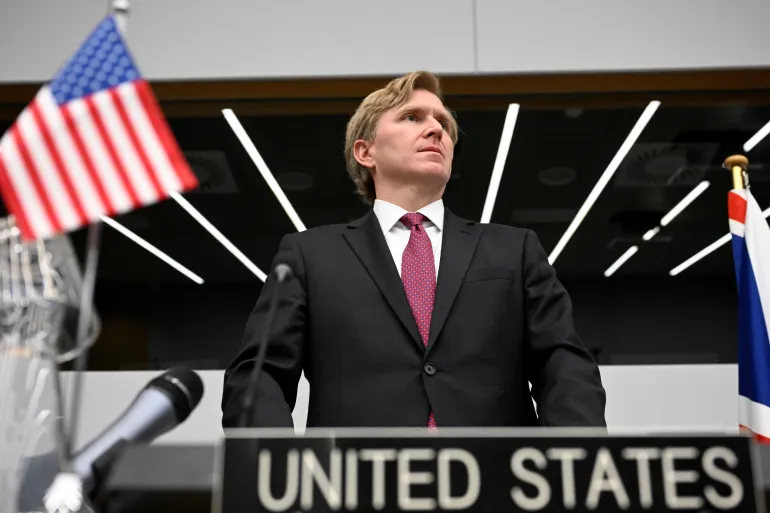
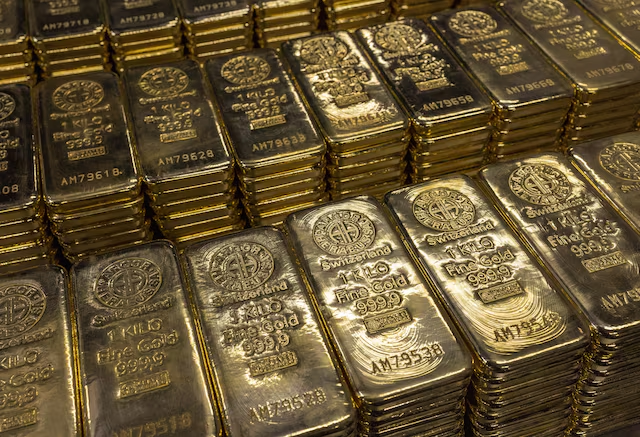
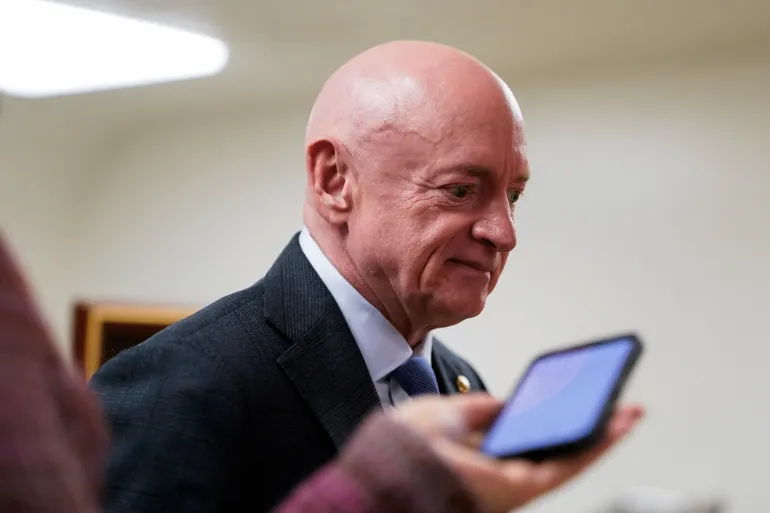
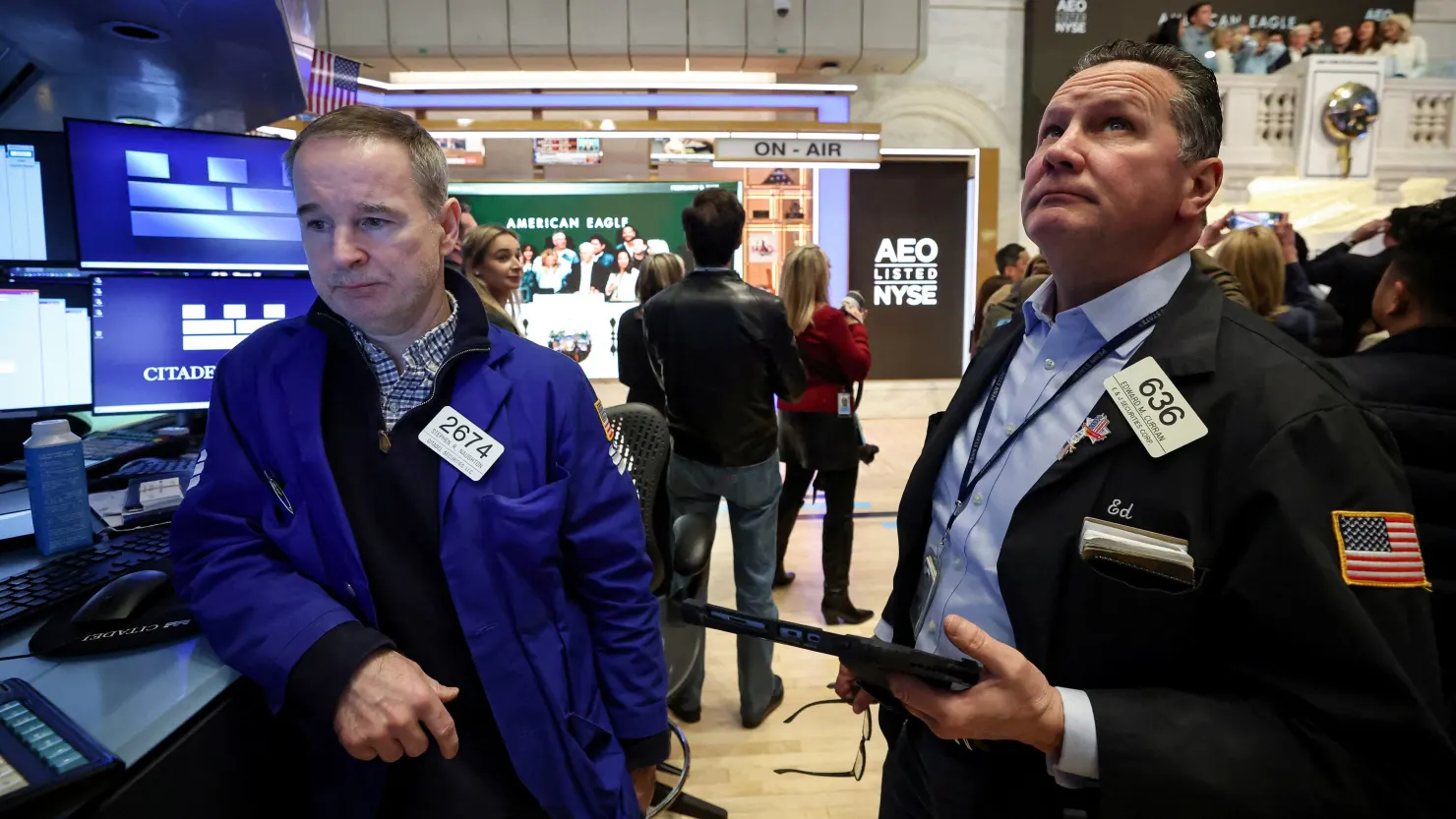



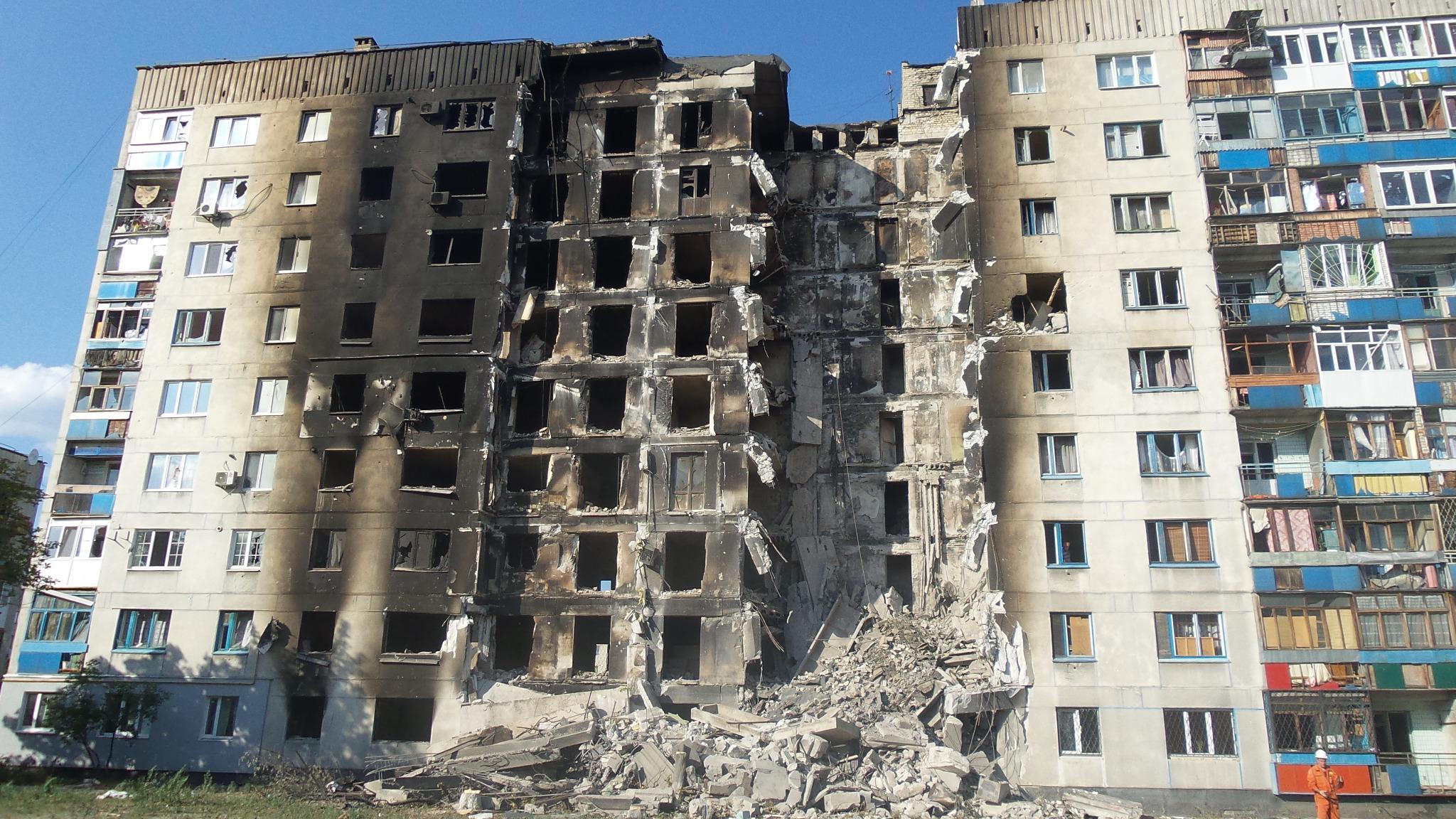

The latest news in your social feeds
Subscribe to our social media platforms to stay tuned